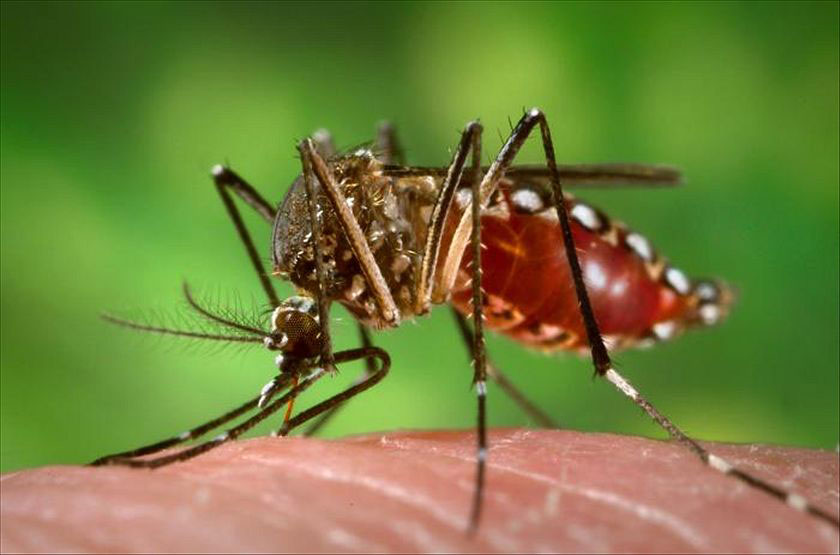DENGUE FEVER

Dengue fever can be defined as a debilitating viral disease spread by mosquitoes, not among humans. In serious cases, it can lead to severe pain in the bones, which is why it is called as ‘breakbone fever’. The first ever recorded case of probable dengue fever is mentioned in a Chinese medical encyclopedia from the Jin Dynasty (265-420 AD) which mentioned a “water poison” associated with flying objects. The first documented Dengue epidemics befell almost at the same time in Asia, Africa, and North America in the 1780s.
What are the dengue fever symptoms?
When it is mild, the symptoms of dengue fever starts showing within the first week of infection. They consist of:
- Increase in body temperature
- Signs of flu
- Splitting headache
- Muscle and joint pain
- Stomach ache
- Diarrhea and vomiting
- Skin rash
When it gets severe, dengue fever symptoms can cause dengue hemorrhagic fever and dengue shock syndrome, which can even lead to death, although this is very rare.
Baby affected by dengue fever
What causes dengue fever?
There are four different types of dengue fever viruses spread between humans and mosquitoes. A mosquito will contract the virus upon biting an infected human and then spreads the virus on to the next person it bites.
How do you prevent dengue fever?
If you are visiting areas with high exposure, there are precautions you can take to avoid contracting the disease.
1. Stop mosquitos in their paths
In a country prone to pests, there are products available in abundance that can prevent mosquito bites.
- Put insect repellent on both your skin and clothing (eg permethrin). The most efficient repellants contain DEET (N,N-diethylmetatoluamide)1
- Apply permethrin on your bedding
- Wear clothes that cover your arms and legs
- Use mosquito nets that are insecticide-treated
- If available, switch on the AC and shut any window screens
- Get rid of every mosquito breeding areas
2. Remove stagnant water around the house
Mosquitoes that spread dengue fever breed in stagnant water in and around your house, generally in confined places like pots, tarpaulins and buckets. Make sure that you empty or get rid of such containers regularly to lessen the risks. If you have such containers in your house or garden, ensure that they are undercover and in a dry area.
3. Take extra care during mosquito happy hour
In contrast to most mosquitoes, the so called happy hour for the dengue fever spreading mosquito is during the day. Don’t end up doing the grave mistake of applying repellant only at dusk. If you are going to stay outdoors, sport long, loose-fitting clothes and apply insect repellent.
How do you treat dengue fever?
Generally, dengue fever will subside within two weeks of contracting the disease, and in severe cases it might stay for a longer duration and end up requiring hospital treatment to replenish lost fluids.
There is no exact cure or vaccines for the virus, but it is imperative for you to inform your healthcare professional as soon as the symptoms start to display. Medical treatment will help in managing any discomfort and lessen any risk of complications.
This article contains general advice only and is not a substitute for medical advice. Always seek a professional health care opinion
